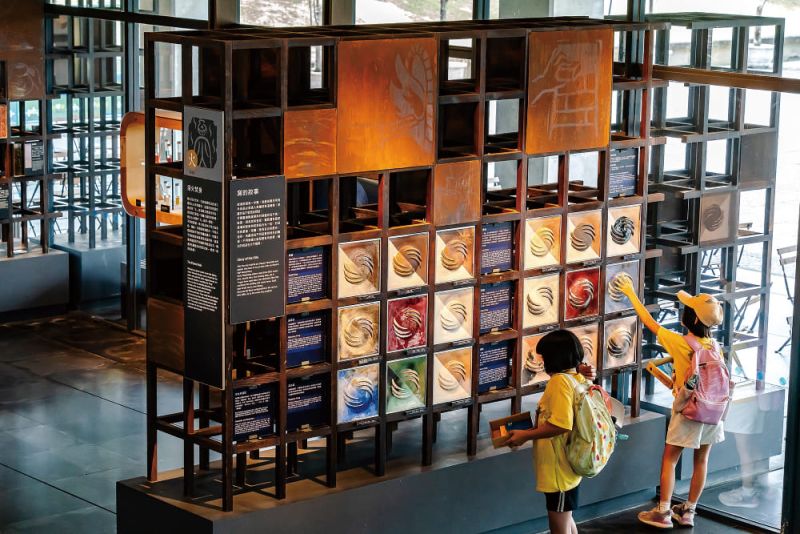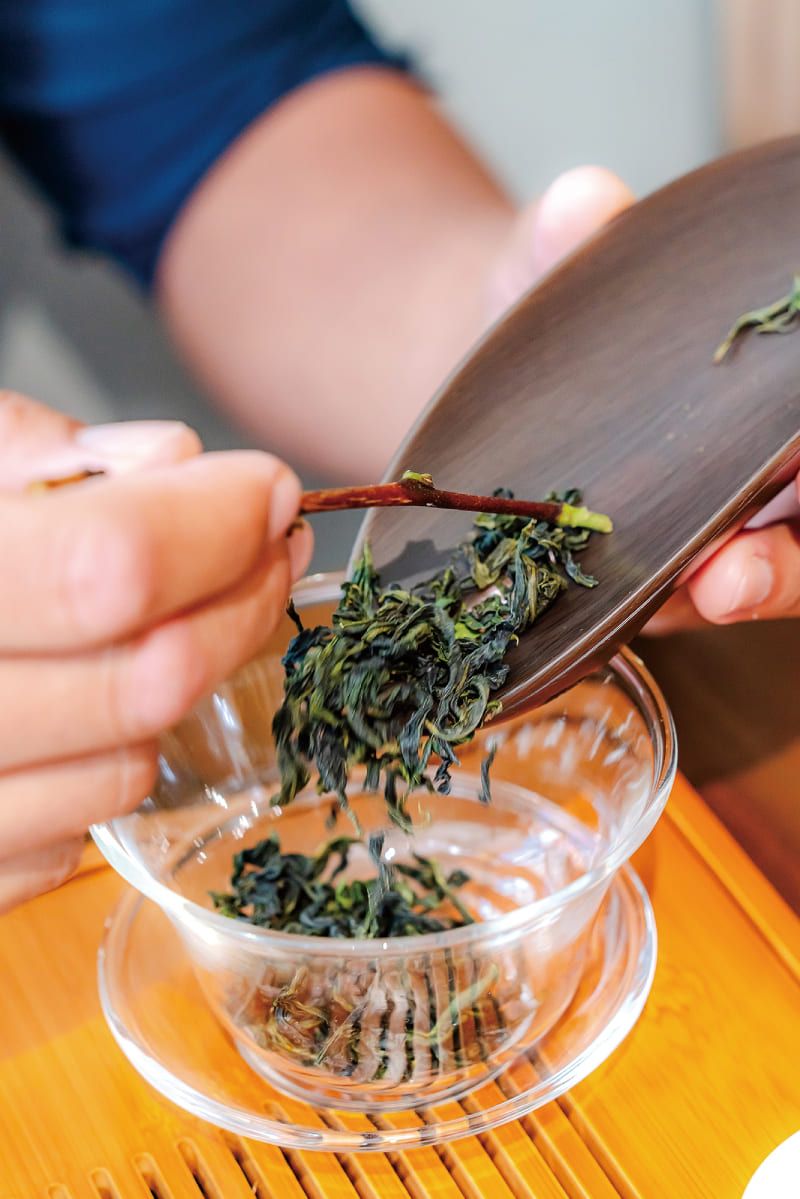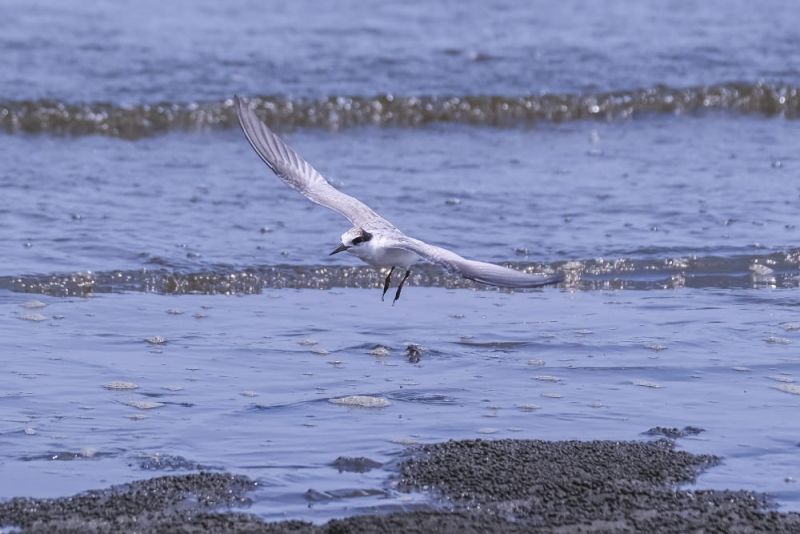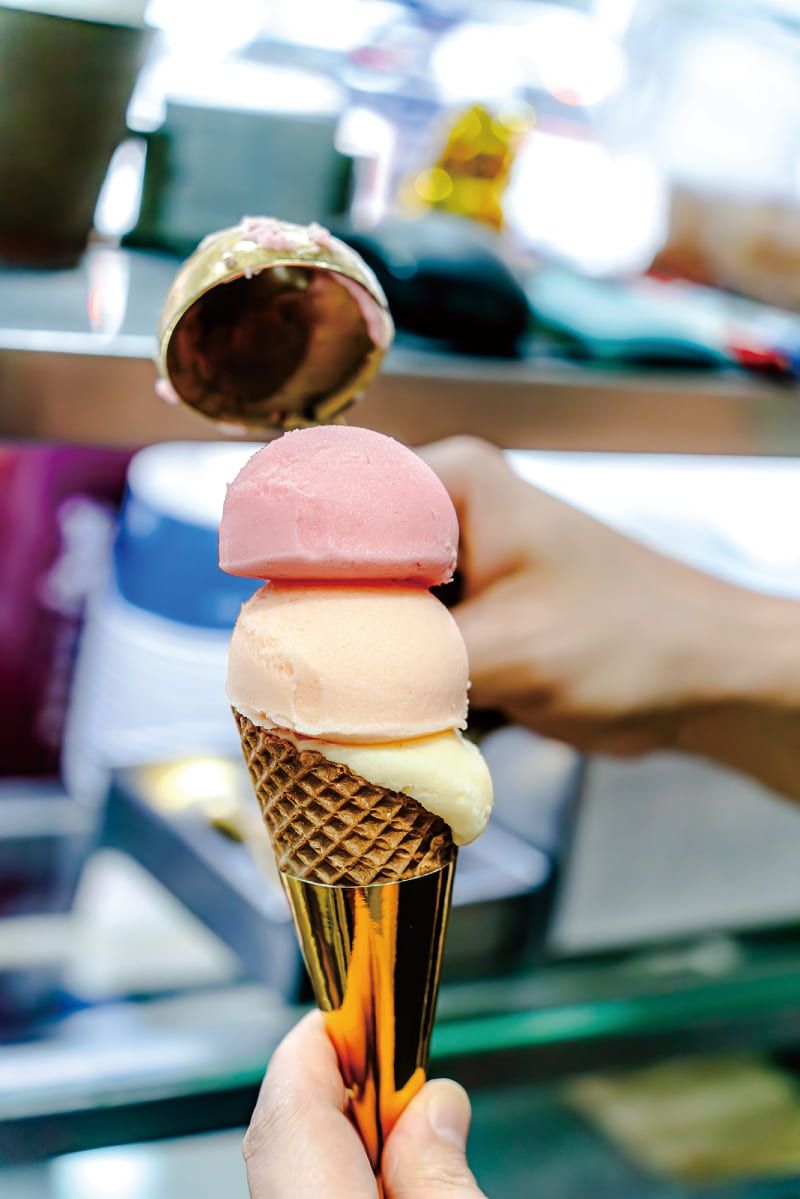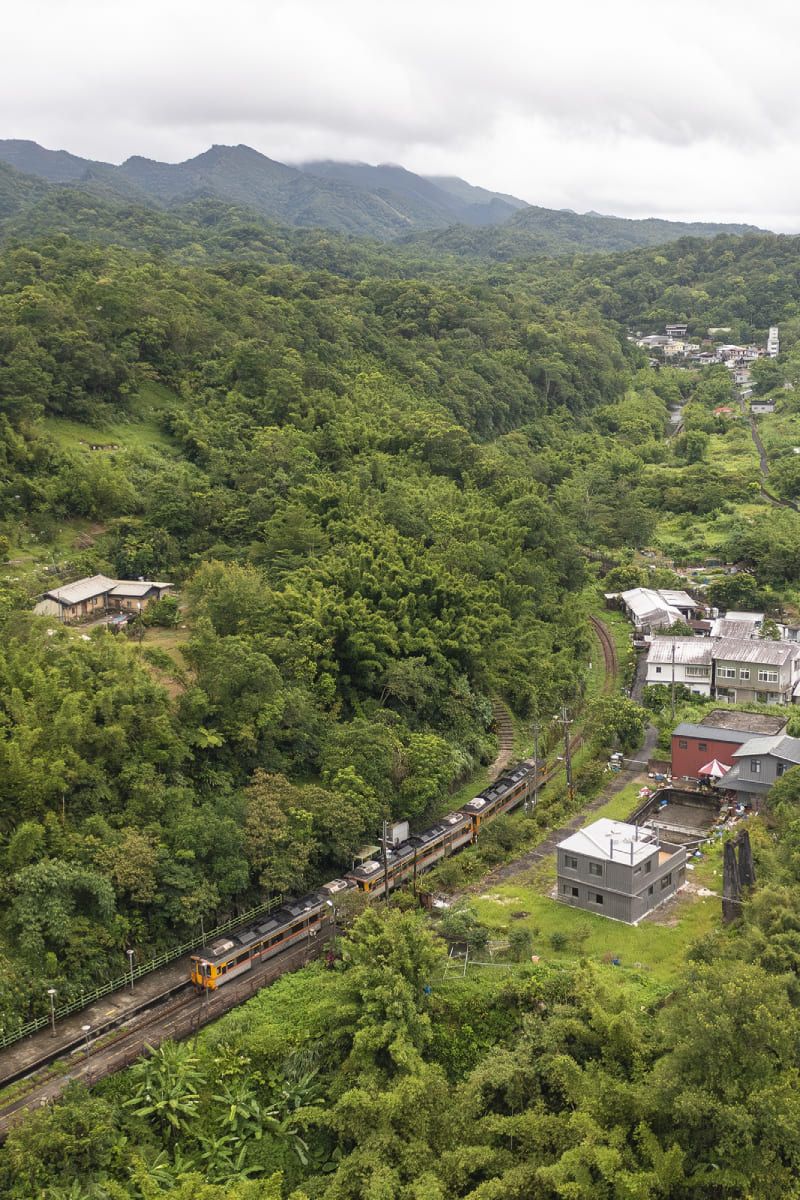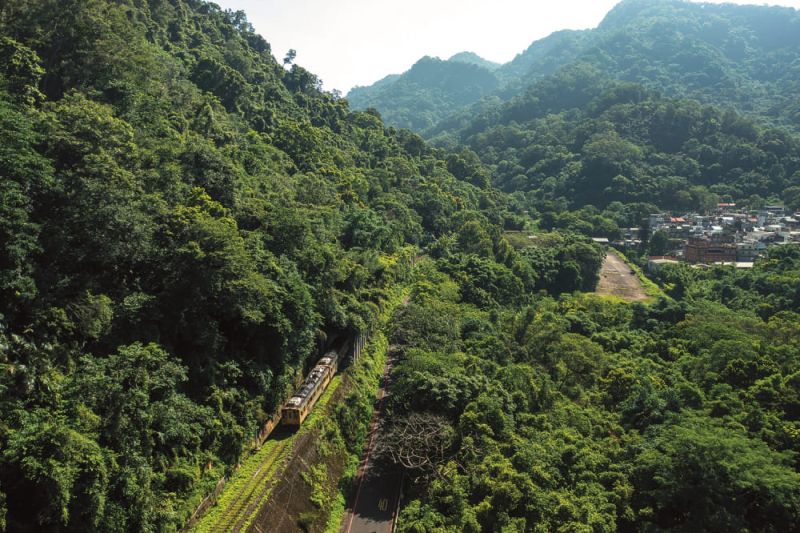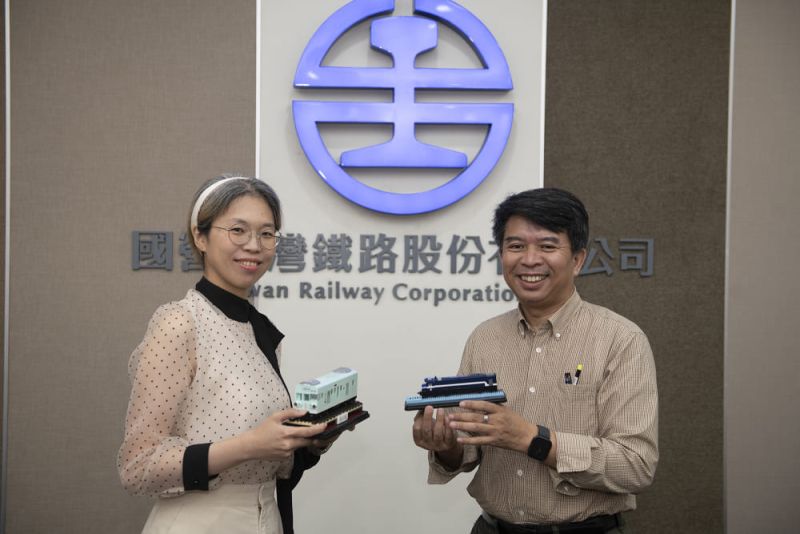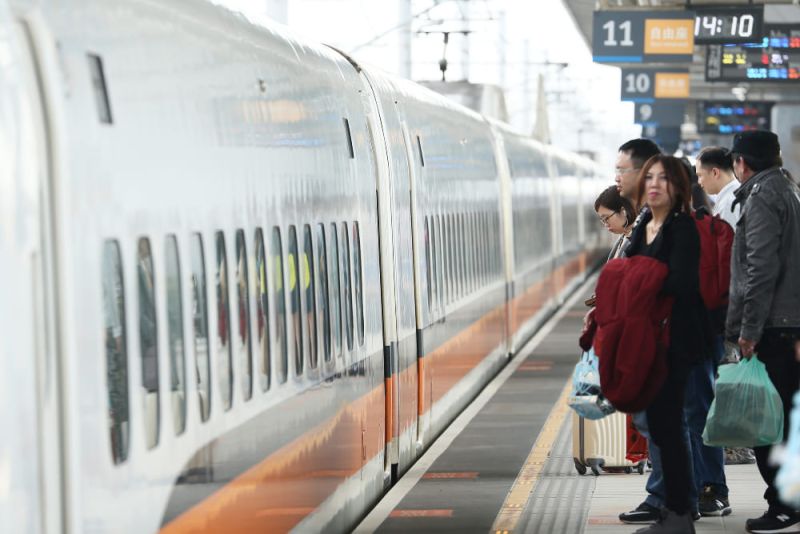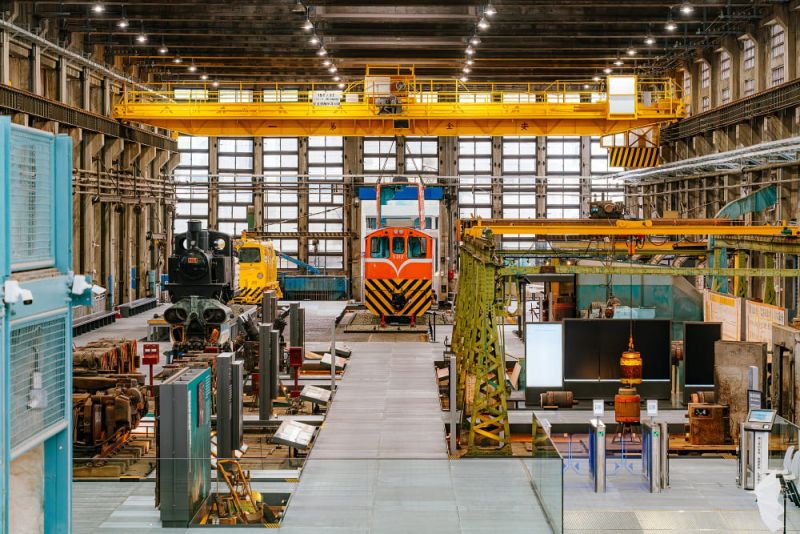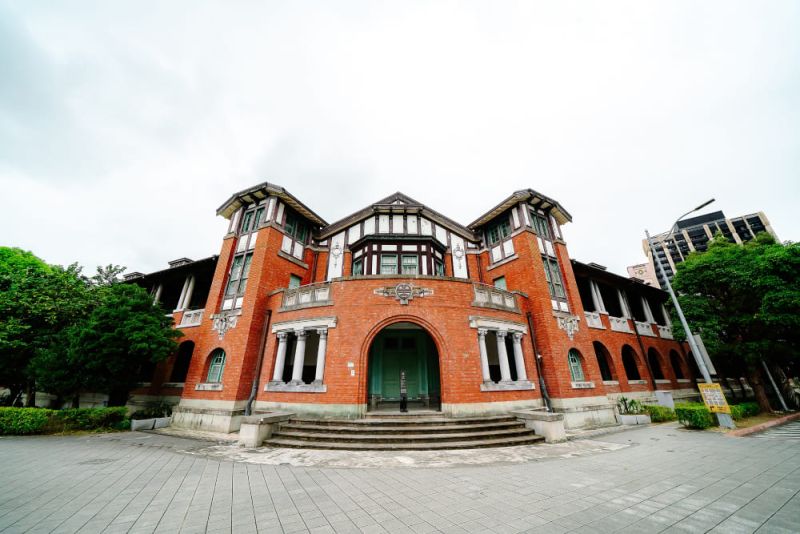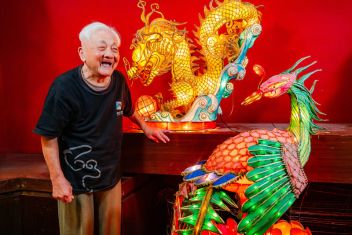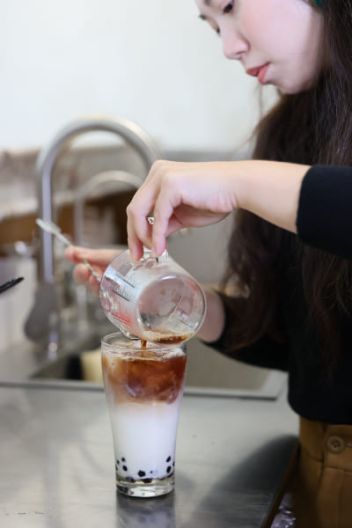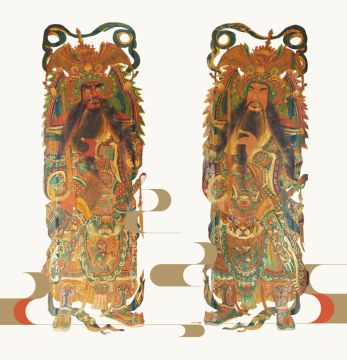Ceramics making is an ancient set of skills that have long been the basis of an industry. In Taiwan, the most important bastion of world-class ceramics manufacture is New Taipei City’s Yingge District, known as “Taiwan’s Jingdezhen.” (Jingdezhen, China’s “porcelain capital,” has been a center of ceramics production for more than a millennium.) Though Yingge’s ceramics industry has no astonishing background story or dramatic past, it has its own tale to tell.









